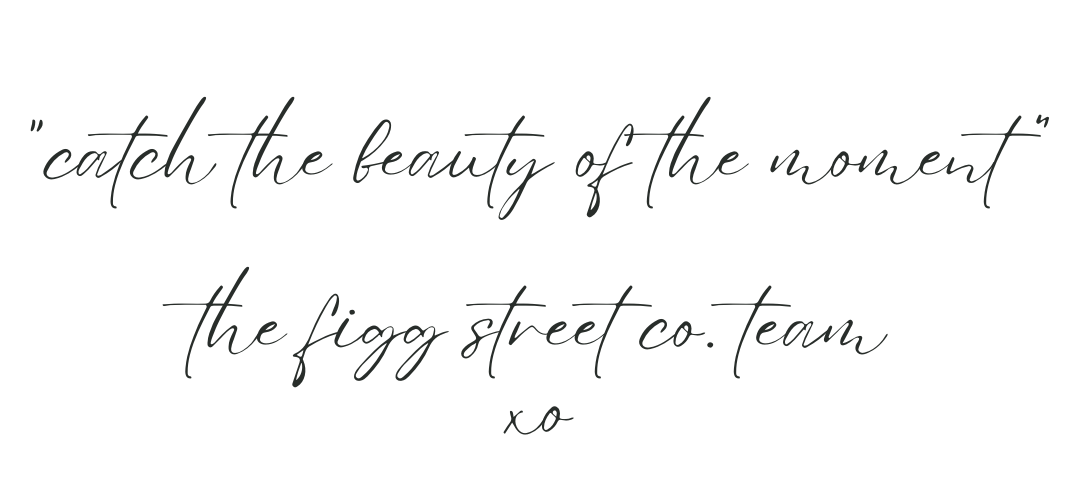Let's Jump To It!
Do you know the meaning of the word quadrennial? How about leapling? We'll give you a clue: think about the last day of this month. February 29th, 2024. Leap Day!
A quadrennial is something that happens every four years, or lasts four years in duration. A leapling is a name sometimes given to a person born on leap day.
The quadrennial occasions most of us are familiar with are sporting events:
- the Olympic Summer Games take place in Paris this year, scheduled for July 26th to August 11th;
- the Football Word Cup most recently happened in 2022, where Argentina won the championship; and
- the Rugby World Cup, hosted by France last year and won by South Africa.
Perhaps it's fitting that some sporting events 'leap' a few years, as the name evokes movement. It may also explain the prevalence of the word 'jump' in so many danceable songs. A number of retro hits from an assortment of musical styles inspire people to get up and move: from rap to rock and house to pop. All share the same, or similar, titles. House of Pain, Kris Kross, Van Halen, the Pointer Sisters and Madonna are just a few of the musical artists behind these tunes.
Are you or someone you know born on Leap Day? Do you do anything special to mark our quadrennial "extra day"?
In the stationery world, we've seen multi-year calendars and agendas. They're quite thick. Some people take inspiration from this idea and create their own Leap Year Time Capsule.
A Leap Year Time Capsule is easy to make. On February 29th, write a letter to your future self to open on the next leap day, in 2028. You can include information and items of your choice to mark this time. For example, a list of your current favourite activities, movies, songs, podcasts, books, etc. Key learnings from this point in time. Wishes. Whatever you'd like to mark and think you'd enjoy looking back at in a few years' time.

However, some people are born into countries that have pre-existing traditions that take place on February 29th, or beliefs regarding leap years. Many of them relate to romantic relationships.
There's a tradition in Germany that takes place on the eve of May 1st: men decorate a birch tree with paper ribbons and place it in front of the home of their romantic partner (or crush). On Leap Day, this is reversed and women take their turn.
While it's now acceptable at any time, for many years in the UK, Ireland, and some Scandinavian countries, Leap Day was considered the one day women could propose marriage to their love interest. In Scotland, it was advised that women wear a red petticoat visible to their partner, apparently to give them warning.
Some of these countries have cited penalties for men who refuse Leap Day proposals: a minimum of one pound in Scotland, a dozen pairs of gloves in Denmark, and enough fabric to make a skirt in Finland.
Greece, Italy, Scotland and Taiwan all have cultural beliefs that link leap year with bad luck. In Greece, it's believed that a marriage that takes place during a leap year will end in divorce. In Scotland, there's a superstition that those born on Leap Day will experience a life of suffering. During Roman times, February was a month related to the dead, so prolonging this morbid time isn't viewed favourably by superstitious Italians. In Taiwan, a leap year is considered bad luck for the elderly. As an antidote, adult daughters visit their parents on the 29th (or even for the entire month of February) to cook pig trotters for them, which is believed to bring them good fortune and long life.
On a happier and lighter note, a special newspaper is published in France each Leap Day. It's named La Bougie du Sapeur (Sapper's Candle) after an old French comic strip character. This quadrennial periodical is popular - it outsells other national papers on February 29th.

















